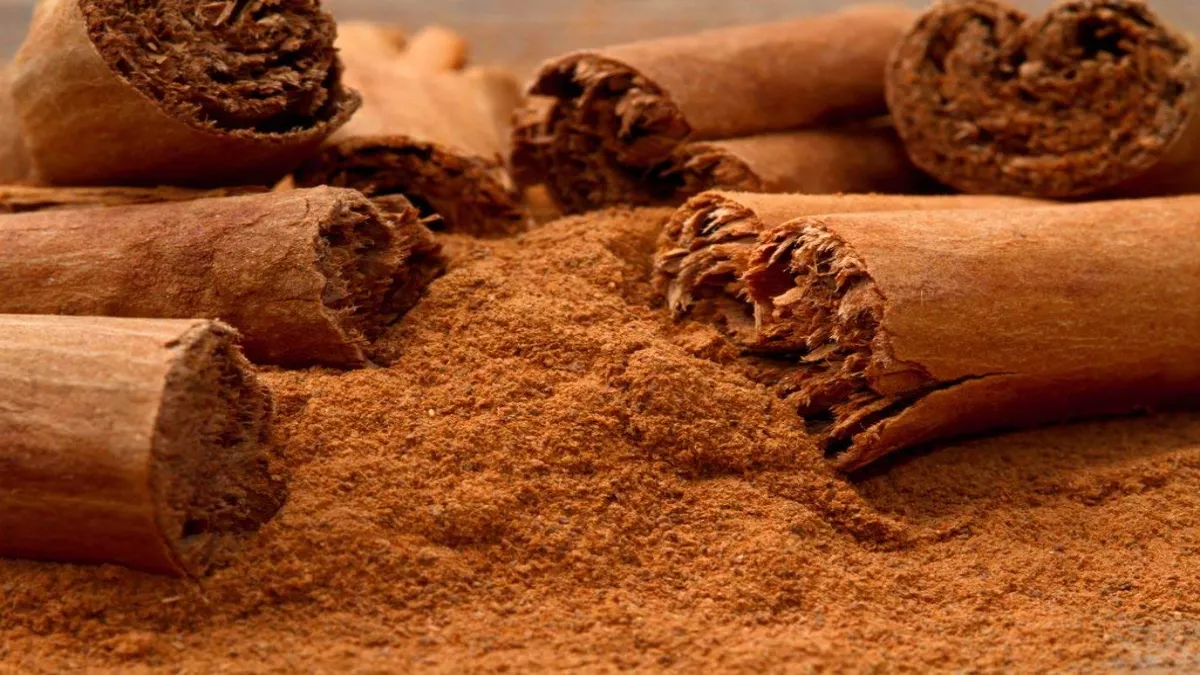Cinnamon, renowned for its distinctive flavor and aromatic properties, comes in various types, with Ceylon Cinnamon and Cassia Cinnamon being the two primary varieties. Both offer unique characteristics, but the debate often revolves around whether Ceylon Cinnamon is superior to regular Cassia Cinnamon. Understanding the differences between the two can shed light on their individual qualities and potential benefits.
Ceylon Cinnamon vs. Cassia Cinnamon:
1. Origin and Taste:
- Ceylon Cinnamon, often referred to as “true” cinnamon, originates primarily from Sri Lanka (formerly known as Ceylon). It boasts a delicate and slightly sweet flavor profile with subtle citrusy notes.
- Cassia Cinnamon, on the other hand, originates from various regions, including China, Indonesia, and Vietnam. It tends to have a stronger, more intense flavor, sometimes described as spicy and slightly bitter compared to Ceylon Cinnamon.
2. Coumarin Content:
- One significant difference between the two types of cinnamon lies in their coumarin content. Cassia Cinnamon contains higher levels of coumarin, a natural compound that may have adverse effects on health in large doses.
- Ceylon Cinnamon contains significantly lower levels of coumarin, making it a preferred choice for individuals who consume cinnamon regularly, especially in larger quantities.
3. Potential Health Benefits:
- Both types of cinnamon contain antioxidants and compounds that may offer potential health benefits, such as anti-inflammatory and antimicrobial properties.
- Ceylon Cinnamon’s lower coumarin content may make it a safer option for individuals aiming to incorporate cinnamon into their diets for health reasons without exceeding recommended limits of coumarin intake.
Is Ceylon Cinnamon Better?
Determining whether Ceylon Cinnamon is “better” than Cassia Cinnamon depends on individual preferences, dietary needs, and health considerations:
- Flavor Preference: Ceylon Cinnamon’s subtle, milder taste may appeal to those who prefer a more delicate flavor in their culinary creations, while others might prefer the bolder taste of Cassia Cinnamon.
- Health Considerations: For individuals using cinnamon regularly and in larger amounts, especially in supplements or as a dietary addition, Ceylon Cinnamon’s lower coumarin levels might be a safer choice to avoid potential adverse effects associated with excessive coumarin intake.
- Availability and Cost: Cassia Cinnamon is more commonly available and less expensive than Ceylon Cinnamon in many markets. The availability and cost might influence one’s choice based on accessibility and budget.
Both Ceylon Cinnamon and Cassia Cinnamon offer distinct flavors and potential health benefits. While Ceylon Cinnamon’s lower coumarin content might make it a preferable option for those concerned about consuming high levels of this compound, the choice ultimately boils down to personal taste preferences, health considerations, availability, and intended usage.
Whether used in cooking, baking, beverages, or for its purported health-promoting properties, selecting the right cinnamon variety—be it Ceylon or Cassia—depends on individual needs and desired flavor profiles. Incorporating either type of cinnamon into your diet in moderation can add depth and warmth to your dishes while potentially offering certain health benefits.


